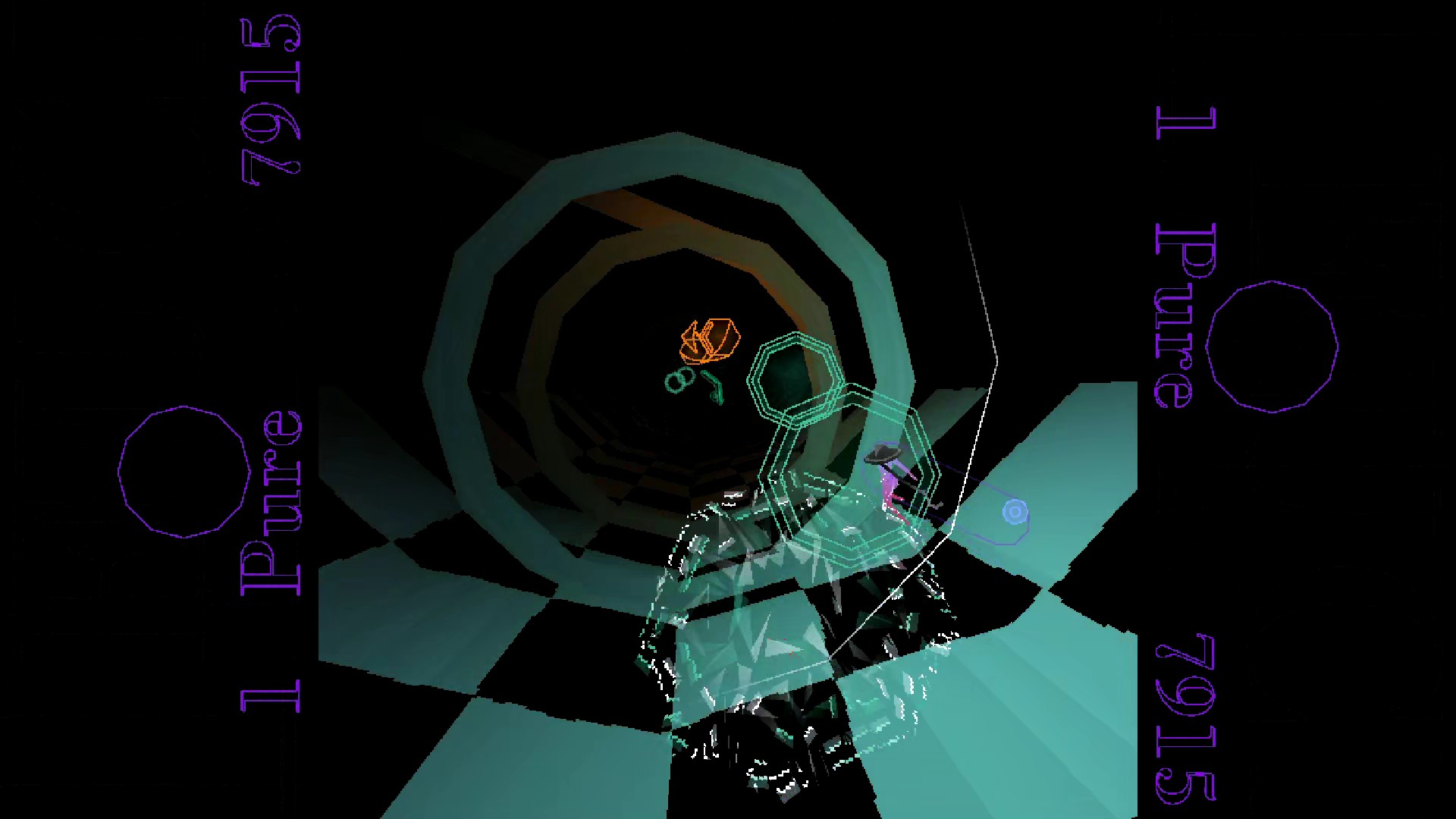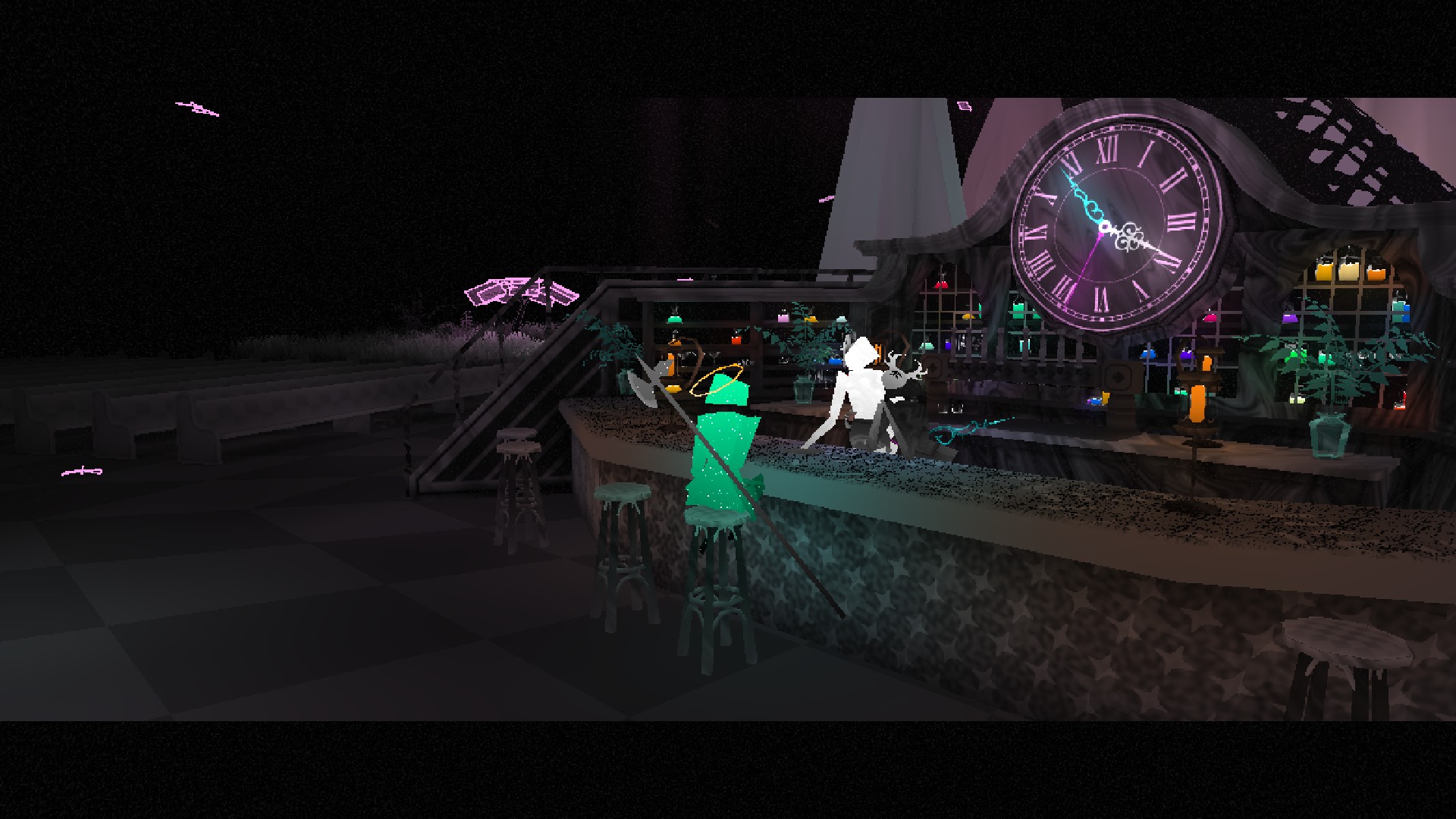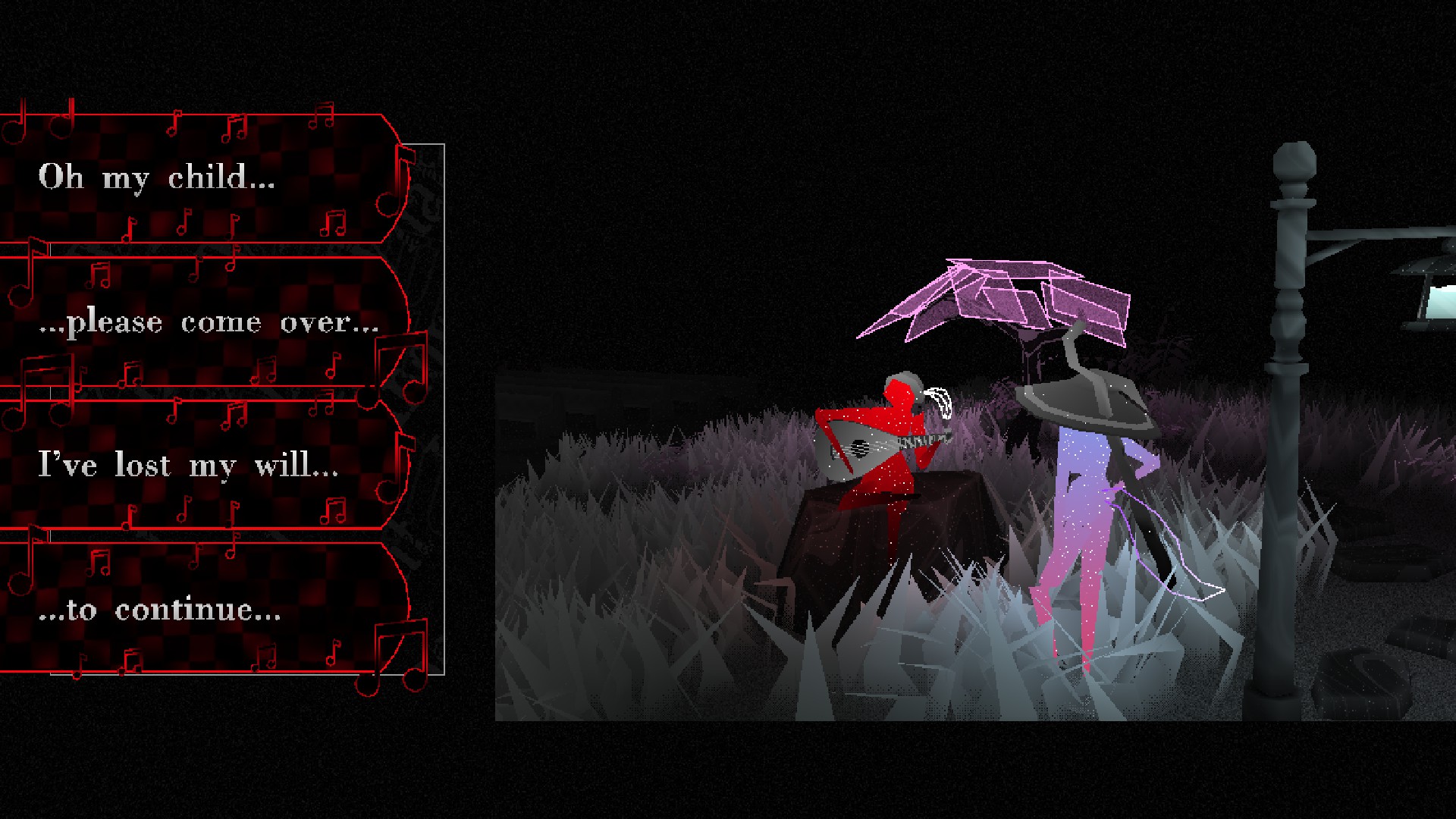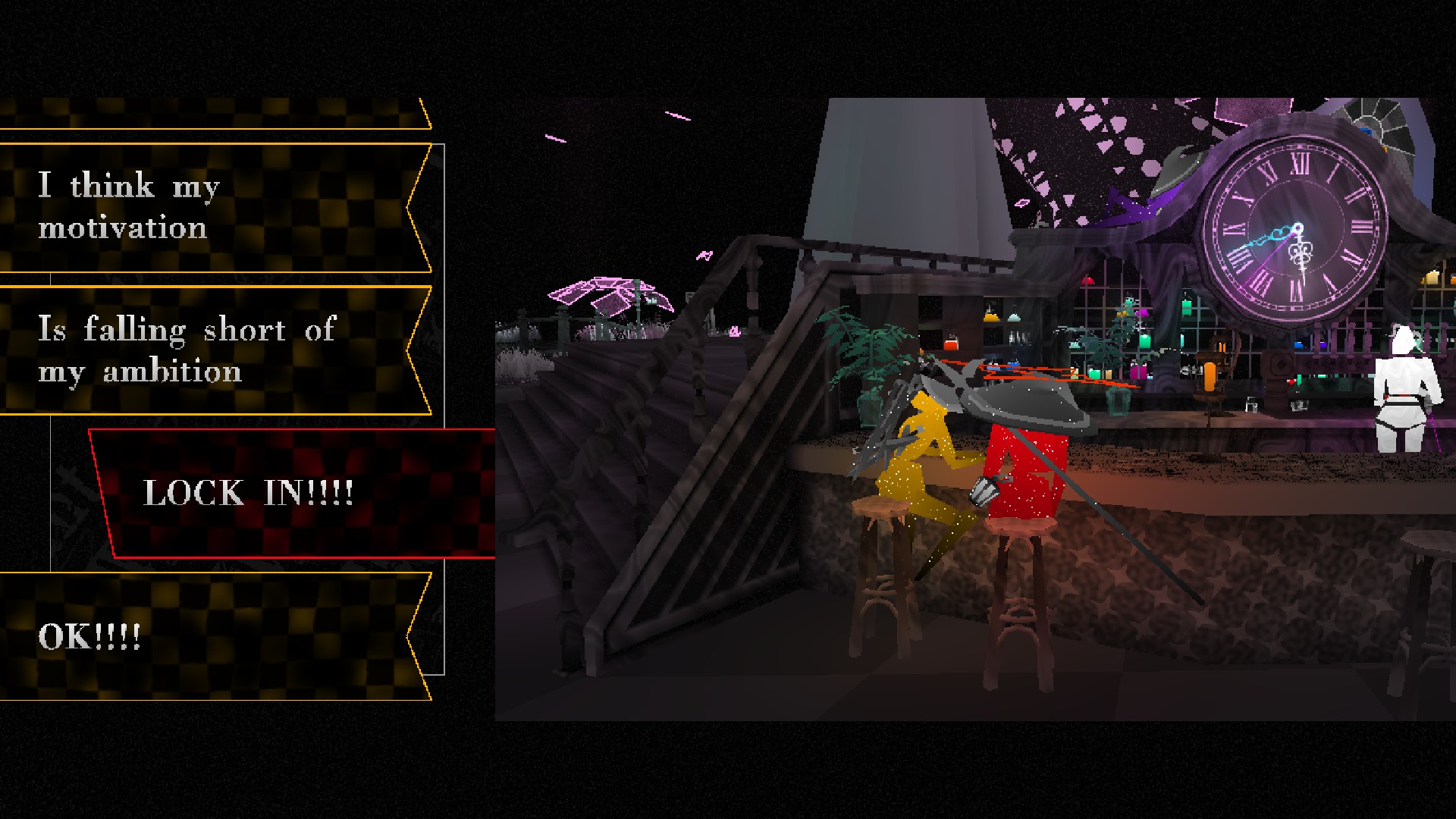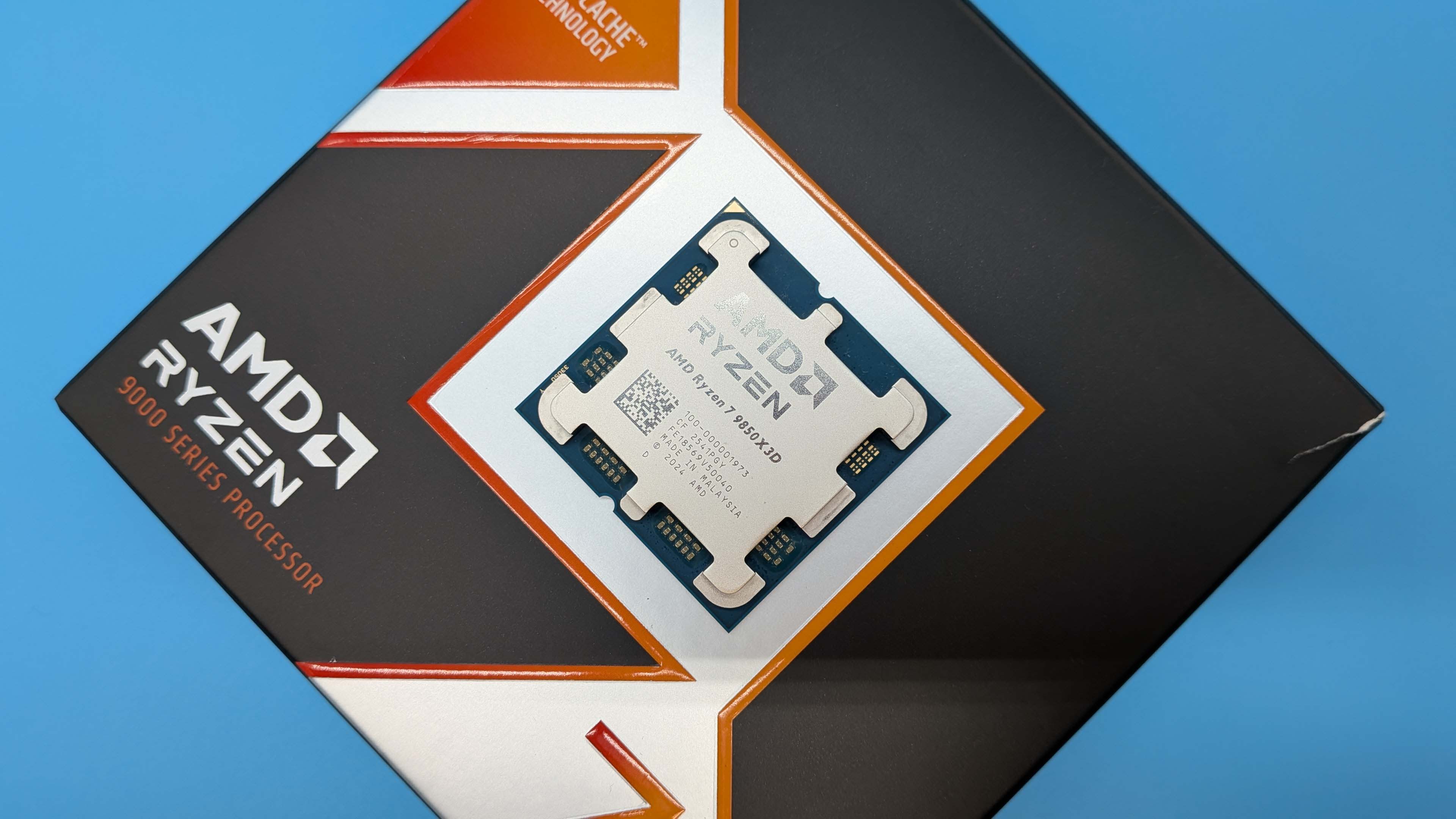Our Verdict
Hyperbeat is brief and a little twee at times, but its lively musical flights are one-of-a-kind.
PC Gamer's got your back
What is it A bite-sized, dreamlike rhythm game with dizzying visuals.
Release date October 22, 2025
Expect to pay $15/£12.79
Publisher Dreamware Media
Developer Alice Bottino, Chancellor Wallin
Reviewed on Windows 11, NVIDIA GeForce RTX 3060 TI, Intel Core i7-12700F, 16 GB RAM
Multiplayer None
Steam Deck Verified
Link Steam
You're running out of time. You'll certainly have less of it by the time you're done reading this review, and less still if you decide to pick up Hyperbeat: a rhythm game that roped me in with its oddball UI, low-poly dreamscapes, and atmospheric central hub full of NPCs eager to introspect with you. It is a small, severe world that quickly charmed me.
While all rhythm games are about timing, time writ large, which you have a little less of by now, is Hyperbeat's foremost obsession. One hub NPC is a musician who longs for their bygone depression, if only because it was a source of inspiration in the days before their "flop era." Another is a churlish artist whose precious moments are wasted fretting over the feedback of an audience (or talking to you, for that matter).
Every step you take in the hub world—a liminal space-and-bar called the Wellspring—is punctuated by the sound of seconds ticking by, and each level is completed by crashing into a clock and shattering it. You start conversations with other characters by taking a beat, metaphorical and literal, long enough to fill up a quarter rest symbol in sheet music notation. I've only spent a few hours with Hyperbeat, but it made sure I appreciated each passing measure.
Time flies
I was impressed, then, when its levels had me losing track of time after all that hullabaloo about clocks and such. Each stage has you, a faceless knight, soar through an abstract tunnel trying to intercept button prompts as they whizz past, colliding with them or swinging your weapon at them in time to a song. Think an on-rails shooter like Star Fox 64, but your objective is to fly into targets rather than shoot down enemies.
The UI and control setup are unlike any rhythm game I've played, so much so that I was constantly switching back and forth between gamepad and mouse as I puzzled my way through which was more comfortable.
In that way, Hyperbeat's novelty is sort of a double-edged sword. These flights move quickly, even erratically on higher difficulties, and the various UI elements scream at you from so many angles that it's easy to get cross-eyed, dizzy, or even nauseous. I got used to it after a while, but your mileage may vary if you're prone to motion sickness or stylization-induced headaches.
That said, once it clicks, it all feels exceptional. Scrambling to fly through targets is exhilarating, and it scratches a hard-to-reach part of my brain to slide and slice through each note in pursuit of perfectly timed "Pure" hits. The charts reward exact precision; if I ever got an "Okay" rating or missed a note, I was always certain of my own mistiming.
Keep up to date with the most important stories and the best deals, as picked by the PC Gamer team.
It's especially approachable for a rhythm game, too, despite the visual chaos. Every song comes in three difficulties, and on the lower end of the spectrum, most targets don't require you to hit a button as notes pass by—only to fly through them or follow their trail through a winding tube. It's a good way to get your bearings and to learn the songs, which I found crucial before trying the higher difficulties.
There's no fail state on any difficulty that I could identify, but the hardest charts are so frenetic and packed with targets that the thought of grinding out the hours to get a perfect score on them makes me shudder.
I might just give it a try, though, if only to spend more time with the game's songs. A few of its best earworms are still stuck in my head as I write this, though Hyperbeat can't quite match the variety of other rhythm games' smorgasbords of licensed music.
At its best, the game had me melting into a flow state where the barriers between me and its hypnotic musical races felt delightfully thin.
It's all pleasant shades of original electronica, ranging from the glitchy and mid-tempo to the lo-fi, warm, and relaxing. It's occasionally a tonal mismatch for the hectic action on-screen, but I appreciated how the charts didn't always just line up with the most prominent melody or lock in with the drums—occasionally providing their own supplemental percussion using the sound of your play.
At its best, the game had me melting into a flow state where the barriers between me and its hypnotic musical races felt delightfully thin. It's all the tricky dexterity and score-chasing of a Guitar Hero, but with the unique added pleasure of flying in 3D space.
Downtempo
That brings me to my gripes with Hyperbeat: for one, it's just too short. It's an indie rhythm game with about 90 minutes of music to its name, so I'm not spitting mad that it takes only an hour or two longer than that to finish it, but I wished the game had pushed me to master it a bit more. Hyperbeat's biggest thrills are packed into those harder variants of each song, but you can clear the game without trying them; it would have been nice to chase high scores with more concrete incentives than collectible hunting, or whatever goals I'd set myself.
And its narrative, which follows a few of the hub NPCs I mentioned earlier, feels occasionally like it's rushing to enlighten you before the credits roll. It poses interesting questions: is pushing yourself to the limit at a miserable day job worth the theoretical long-run payoff? When does planning for the future demand so much that it kills your relish for the moment? Is all that time you spend grinding in rhythm games a waste? You're running out, after all.
It tends to pose those questions a tad clumsily; side characters in the hub like to pontificate about their anxieties to you and then, before you have a chance to try and relate to them, give you their exact advice on how to cope. Even the flavor text when you repeat a stage but don't improve your score remarks, "no time spent in passion can ever be considered wasted." It never comes off insincere, but once you're past the mysterious exterior, the rest is padded out with platitudes where it doesn't need to be.
The story's most touching moments were in the placid quiet of the Wellspring, dwelling on unanswered questions.
That might sound like I didn't care for the dialog, but it's great at times. Cheeky jokes are peppered throughout, plenty of which induced a smirk, and there were moments talking my fellow knights through their unresolved malaise about artmaking, failure, and loneliness that put a lump in my throat.
It was hard not to feel the tangle of their melancholy reach out and ensnare me in my own anxieties, my own lost time, trying to make a living as a career writer. It's because I was so taken with those moments that I wish the rest of Hyperbeat wasn't eager to serve up banalities like "be kind to yourself" and "growing is never comfortable." The story's most touching moments were in the placid quiet of the Wellspring, dwelling on unanswered questions.
That said, I'd still recommend Hyperbeat to anyone with a passing interest for its singular and special take on the genre. Its levels were so arresting I was dying to play more of them; and while there's not much of a modding scene to speak of yet, the game does have Steam Workshop support for custom charts (we'll see how long it takes to get Through the Fire and the Flames in there). In the end, it's only $14.99 and completable in an afternoon. Time well spent.
Hyperbeat is brief and a little twee at times, but its lively musical flights are one-of-a-kind.
Justin first became enamored with PC gaming when World of Warcraft and Neverwinter Nights 2 rewired his brain as a wide-eyed kid. As time has passed, he's amassed a hefty backlog of retro shooters, CRPGs, and janky '90s esoterica. Whether he's extolling the virtues of Shenmue or troubleshooting some fiddly old MMO, it's hard to get his mind off games with more ambition than scruples. When he's not at his keyboard, he's probably birdwatching or daydreaming about a glorious comeback for real-time with pause combat. Any day now...
You must confirm your public display name before commenting
Please logout and then login again, you will then be prompted to enter your display name.
